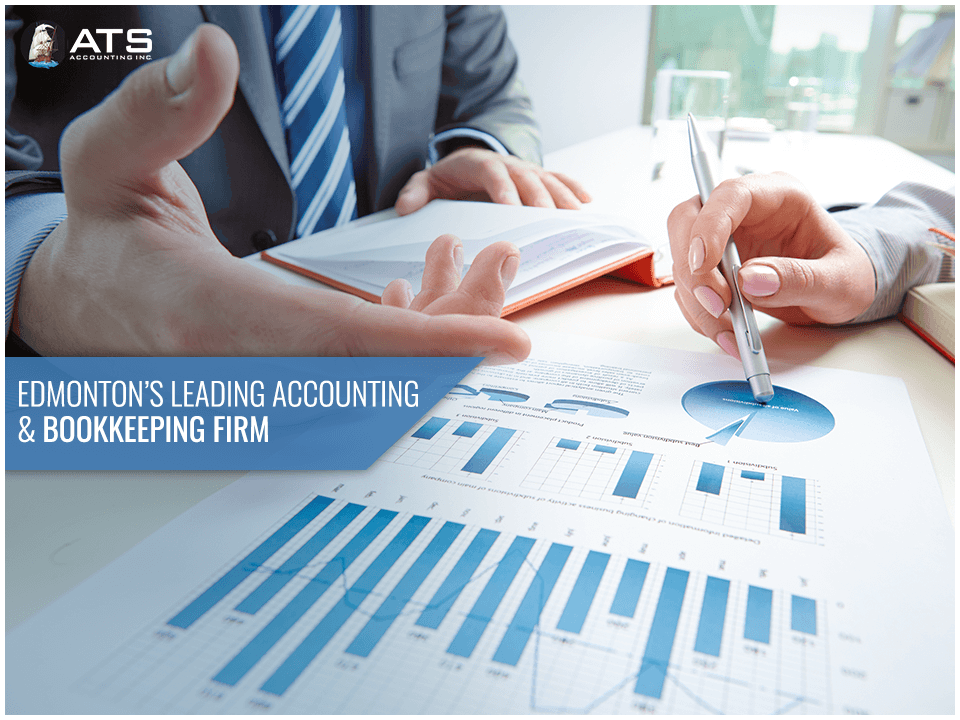Welcome to the world of accounting! If accounting is new to you, then be ready to face a barrage of new terms and concepts. The good news is that with a bit of patience, you can get a hang of accounting and run your business better.
Sales, EBITDA, PBT, PAT, and EVA, are terms used in the business and accounting world. Knowing them ensures that you are running and managing your business as well as possible.
EBITDA
EBITDA is Earnings Before Interest, Taxes, Depreciation, and Amortization.
A common mistake made with EBITDA is to assume that it represents cash earnings, which it does not. EBITDA is essentially your business’s net income, minus the expenses. EBITDA is effective for analyzing and comparing your business profit, not just in terms of expense and sales, but interest, taxes, depreciation, and amortization.
It can affect future financial and accounting decisions.
A basic equation of EBITDA is EBITDA = Revenue – Expenses (excluding interest, taxes, depreciation, and amortization).
PBT
PBT, or Profit Before Tax, combines all your company’s profits before tax. This includes operation, non-operation, continuing operations and non-continuing operations.
PBT is present in accounting because tax expenses are frequently changing, so PBT can help you get a good idea of the profits from year to year.
The basic equation of PBT is Net income – Income Tax expense.
NOPAT
Net Operating Profit After Tax (NOPAT) is your company’s potential cash earnings if its capitalization were unleveraged (meaning it has no debt). Capitalization simply refers to the cost of assets, sum of a corporate’s stock or invested capital, and outstanding shares multiplied by its share price (also known as market capitalization).
NOPAT is most often used in economic value-added calculations.
A plain equation for this is, NOPAT = Operating Income x (1-Tax Rate)
Sales
Sales are an accounting basic. You note a sale when a financial transaction occurs between you and the buyer. Keeping track of your sales is a necessity, not just for accounting, but also for the growth of your business. You can keep track of which product or service has high or low sales. This offers insight into the growth of your business. The core of your bookkeeping consists of noting down every sale that your company makes.
EVA
Economic Value Added or EVA is a metric that measures a business’s financial performance. It is basically calculated by multiplying capital invested with a weighted average cost of capital (WACC), and minus the net operating profit after tax. WACC is the average rate of return your company expects to compensate its different investors.
So, the equation reads like this, EVA = NOPAT – (Capital Invested x WACC).
These accounting terms and concepts are quite important for you to understand the financial situation of your organization. Furthermore, if you ever opt for a business loan, or try to get an investor, these are things that will be looked for in your accounting books to understand your business.
ATS Accounting & Tax Edmonton has experienced financial advisors who will help you with your business’s financial audits. Our team of dedicated experts at our local Edmonton accounting firm knows the specific risks you may face and help ensure your business is protected.
Ready to get started? For more information about our accounting and tax services, book your free 15-minute consultation by calling us at 780-484-4006 or contacting us online.




